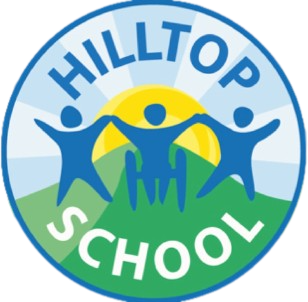Pupil Premium
This statement details our school’s use of pupil premium (and recovery premium) funding to help improve the attainment of our disadvantaged pupils.
It outlines our pupil premium strategy, how we intend to spend the funding in this academic year and the outcomes for disadvantaged pupils last academic year
